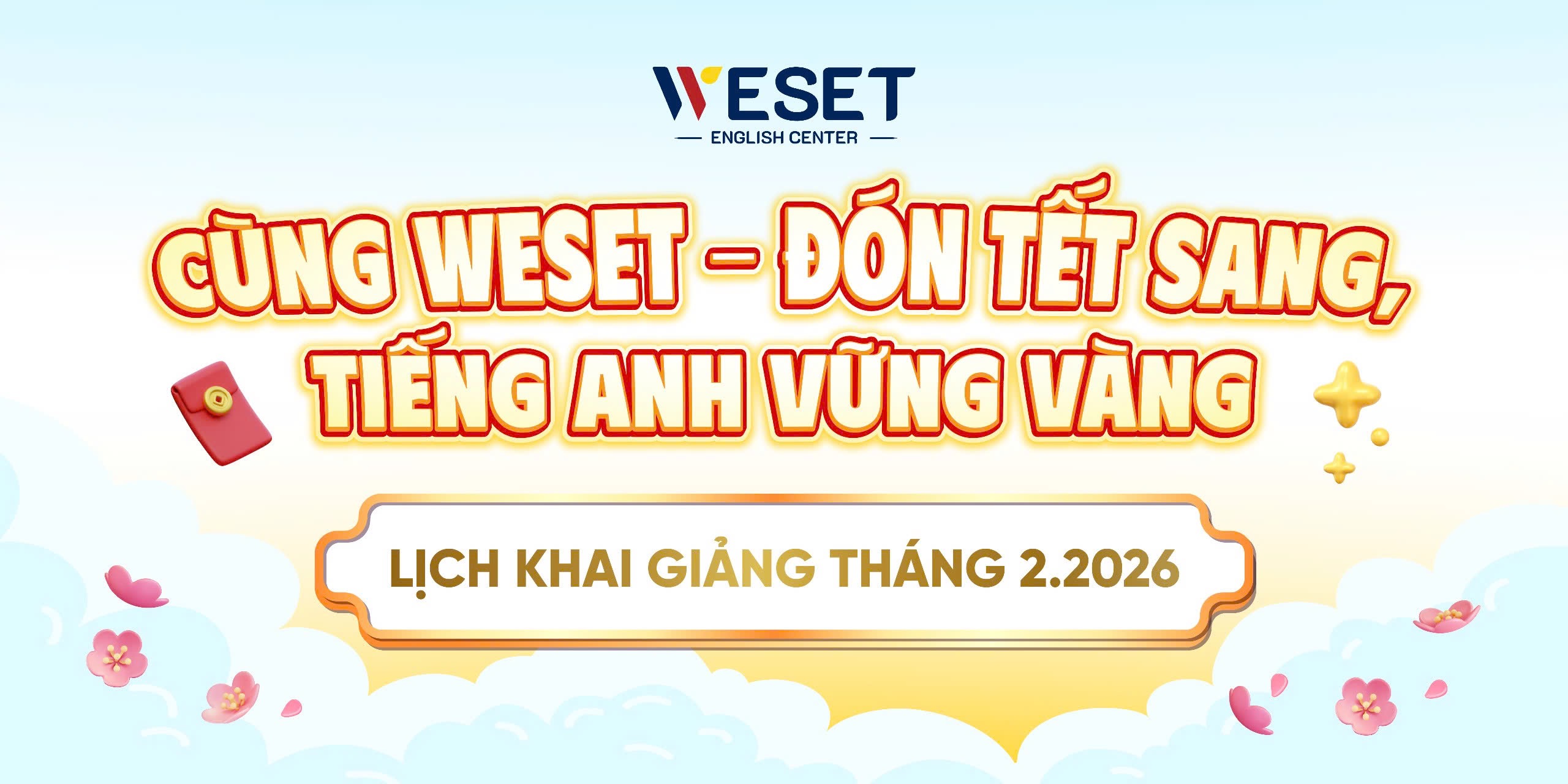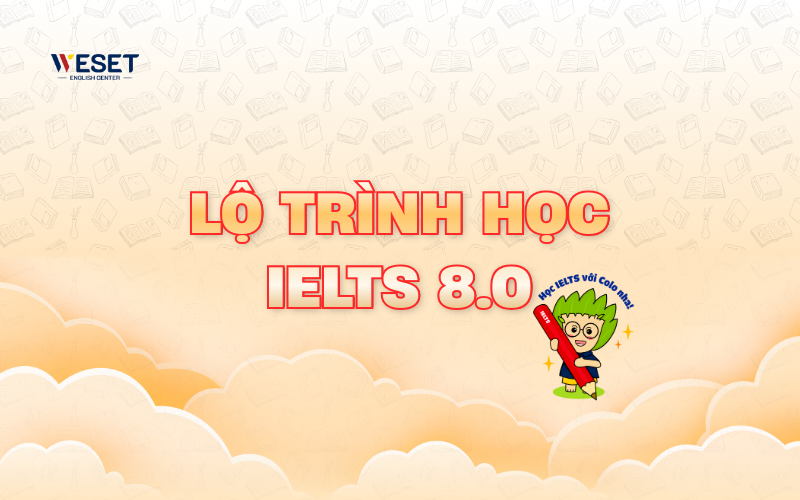Describe a time when you saw a lot of plastic waste | IELTS Speaking Part 2
- WESET DIGITAL
- Bài mẫu IELTS Sample Speaking, Blog
MỤC LỤC
WESET sẽ hướng dẫn trả lời IELTS Speaking Part 2: Describe a time when you saw a lot of plastic waste và gợi ý trả lời Part 3.

Describe a time when you saw a lot of plastic waste
Part 2: Describe a time when you saw a lot of plastic waste
You should say:
- Where and when you saw the plastic waste
- What you saw exactly
- What you did after you saw it
- Explain how you felt about this situation
| Gợi ý (You should say…) | Nội dung trả lời (Band 7+) |
|---|---|
| Where and when you saw the plastic waste | I saw this during a trip to a popular beach in Vũng Tàu last summer. It was on a Monday morning, immediately following a busy national holiday weekend. |
| What you saw exactly | The sight was truly appalling. The shoreline, which should have been beautiful sand, was littered with a shocking amount of plastic waste: plastic bags, styrofoam food boxes, single-use bottles, and straws. The waste was being washed back and forth by the tide. It was a very dismaying scene. |
| What you did after you saw it | My friends and I felt we couldn’t just ignore it. We found a few large empty sacks nearby and spent about an hour picking up as much trash as we could from a small section of the beach. It felt like a small gesture, but it was better than doing nothing. |
| And explain how you felt about this situation | I felt a mixture of anger and sadness. It was frustrating to see such a beautiful natural place treated like a garbage dump. It was a stark reminder of the detrimental impact of plastic pollution and made me much more conscious of my own plastic consumption. |
Từ vựng
• Appalling: Kinh khủng, kinh hãi
• Dismaying: gây thất vọng, buồn nản, làm sờn lòng
• Stark reminder: Lời nhắc nhở phũ phàng / rõ ràng
• Detrimental: Có hại, gây bất lợi
• Conciscious: Có ý thức, nhận thức được
Gợi ý Part 3 của chủ đề Part 2: Describe a time when you saw a lot of plastic waste
| Câu hỏi Part 3 | Câu trả lời gợi ý (Band 7+) |
|---|---|
| Who do you think should be responsible for reducing plastic waste — individuals or the government? | I think both sides share equal responsibility. Governments need to introduce strict regulations, such as banning single-use plastics or improving waste-management systems. Meanwhile, individuals should develop eco-friendly habits, like carrying reusable bottles and avoiding unnecessary plastic. Without collaboration, any effort will be ineffective. |
| Do you think people nowadays are more aware of environmental issues than before? | Yes, definitely. With social media and global campaigns, people are far more aware of the consequences of pollution. However, awareness doesn’t always translate into action. Many people know the problem, but convenience still outweighs responsibility in their daily choices. |
| What long-term consequences can pollution have on a country? | Pollution can severely damage public health, leading to higher healthcare costs. It also harms tourism, especially when beaches or natural landscapes become contaminated. In the long run, it can even impact economic growth because a polluted environment discourages investment and reduces overall quality of life. |
| What are some effective ways to reduce plastic waste in your country? | One effective solution is implementing a deposit-return system for plastic bottles. Another is encouraging businesses to adopt biodegradable packaging. Education is also crucial — if people understand the environmental cost of their consumption habits, they’ll be more motivated to change. |
| Do you think banning single-use plastics is a practical solution? | It is practical to some extent. Banning single-use plastics forces people to look for alternatives and reduces unnecessary waste. However, the government must ensure that affordable, convenient alternatives are available; otherwise, people may resist the change. |
| How can schools help raise awareness about plastic pollution? | Schools can include environmental education as part of the curriculum and organize hands-on activities like recycling projects or clean-up days. When students are exposed to these ideas early, they develop a sense of responsibility that lasts into adulthood. |
| Should governments invest more in recycling systems? | Absolutely. Many countries struggle with outdated recycling infrastructure. Investing in advanced sorting technology and efficient collection systems can significantly reduce the amount of waste that ends up in landfills or oceans. It’s a long-term investment that benefits everyone. |
| Do you think strict fines help reduce littering? | Yes, strict fines can be very effective, especially in public areas like parks or beaches. When people know there are real consequences for littering, they are more likely to think twice. But fines should go hand-in-hand with education to create lasting behavioral change. |
Từ vựng
- waste-management systems: hệ thống xử lý chất thải
- eco-friendly habits: thói quen thân thiện môi trường
- collaboration: sự hợp tác
- consequences: hậu quả
- translate into action: biến thành hành động
- deposit-return system: hệ thống hoàn tiền khi trả chai
- biodegradable packaging: bao bí phân hủy sinh học
- outdated recycling infrastructure: cơ sở hạ tầng lỗi thời
- advanced sorting technology: công nghệ phân loại tiên tiến
WESET DIGITAL
Bài viết mới nhất







